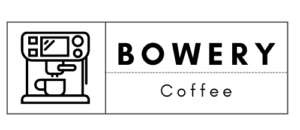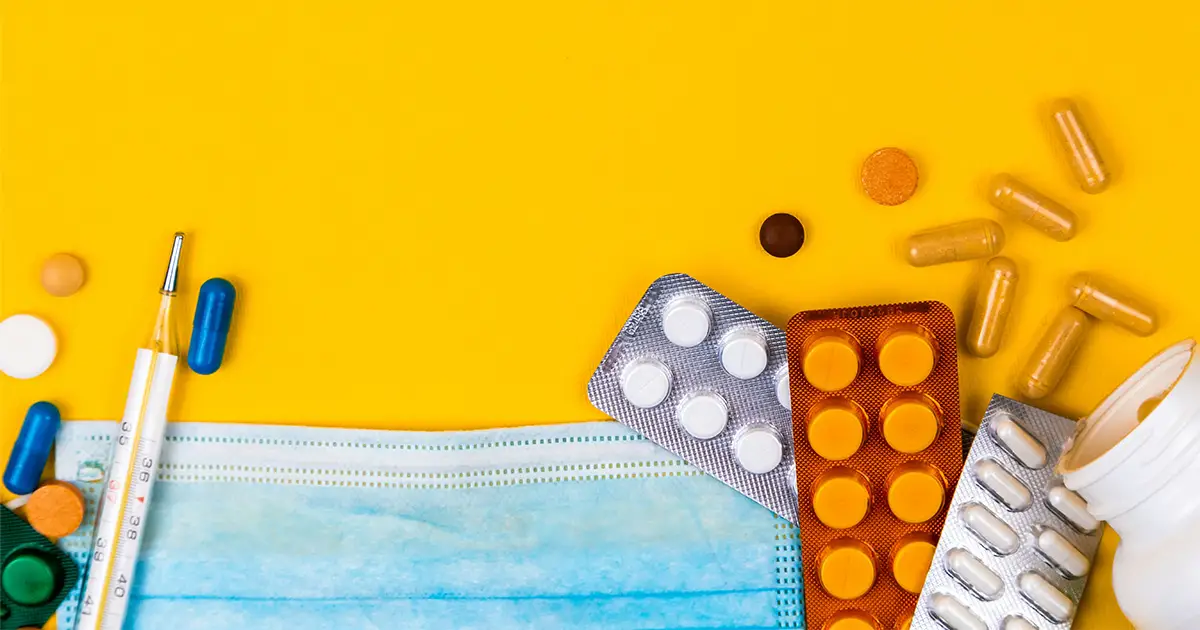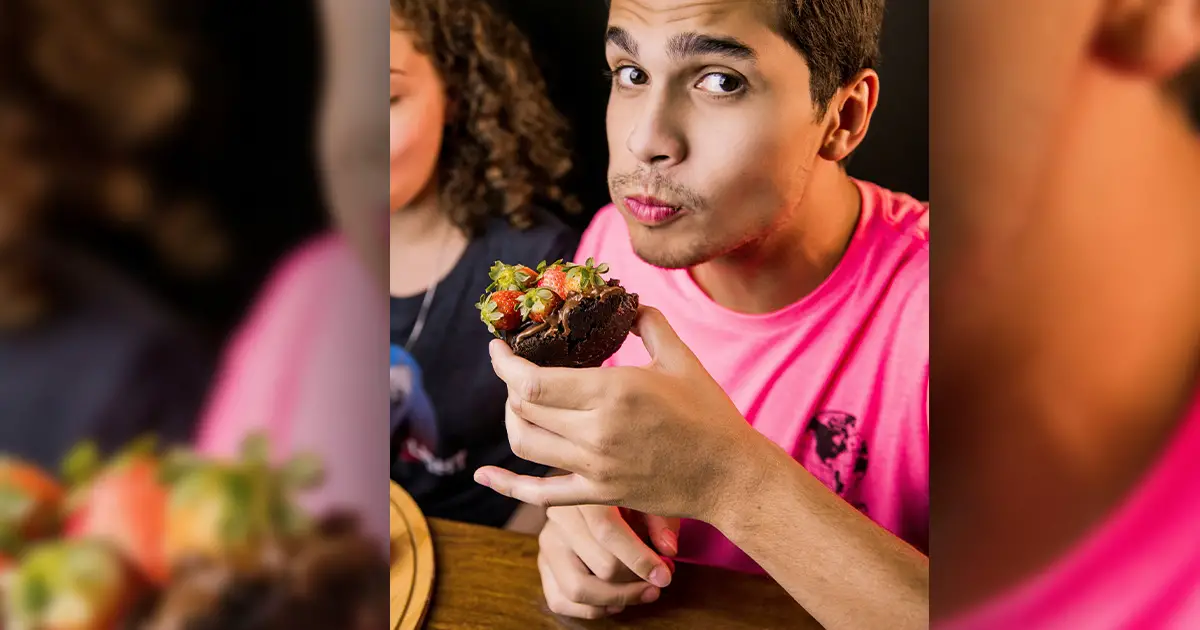Are you someone who relies on Nexium to manage acid reflux and heartburn? If so, you may be wondering about the compatibility of Nexium with your favorite morning ritual – coffee.
In this blog post, we’ll delve into the question, “How long after taking Nexium can I drink coffee?” and explore related queries to provide you with a comprehensive guide.
Let’s uncover the timing and considerations for enjoying your cup of coffee while managing your acid reflux effectively.
Table of Contents
ToggleWhat is Nexium?
Nexium is the brand name for esomeprazole, a medication commonly used to treat conditions related to excess stomach acid. It belongs to a class of drugs known as proton pump inhibitors (PPIs).
Nexium works by reducing the production of stomach acid, which can help alleviate symptoms associated with conditions such as gastroesophageal reflux disease (GERD), peptic ulcers, and Zollinger-Ellison syndrome.
GERD is a condition where stomach acid flows back into the esophagus, causing symptoms like heartburn and irritation. Nexium helps to heal and prevent damage to the esophagus caused by stomach acid. It is often prescribed for short-term relief of symptoms and longer-term maintenance therapy for certain conditions.
What Should You Not Take With Nexium?
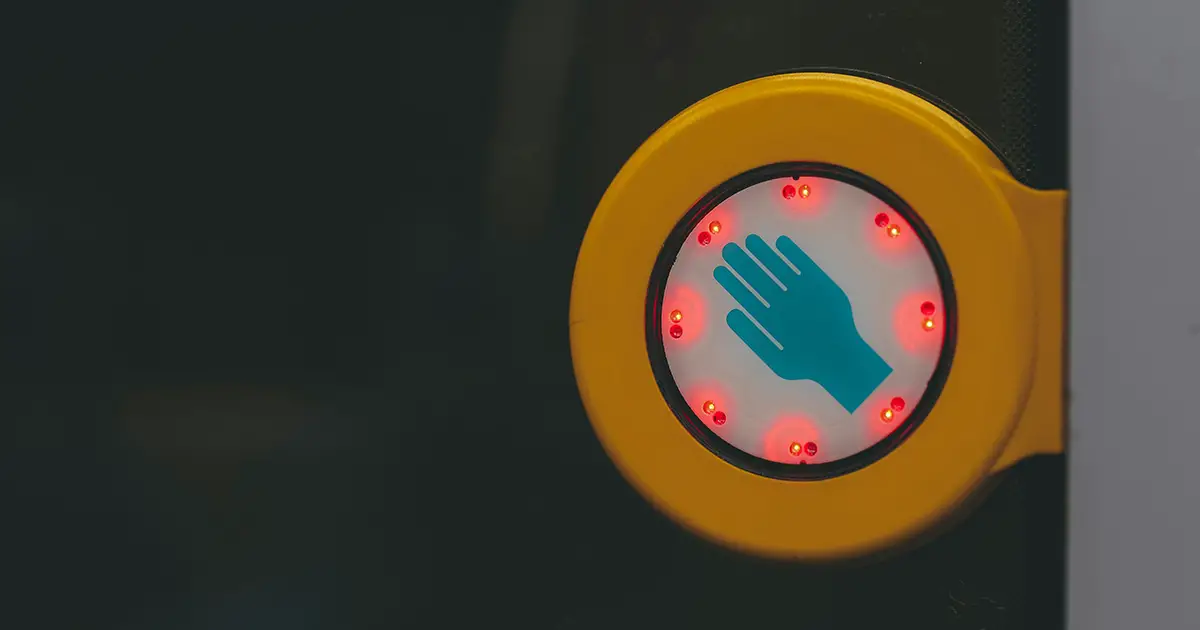
Image source: unsplash.com
When taking Nexium (esomeprazole), it’s important to be aware of potential interactions with other medications or substances. Here are some things you should generally avoid or use with caution when taking Nexium:
- Certain Medications: Inform your healthcare provider about all the medications you are taking, including prescription and over-the-counter drugs. Some medications may interact with Nexium, affecting its effectiveness or increasing the risk of side effects. Examples include certain antifungals, antiplatelet drugs, and certain antiretroviral drugs.
- Clopidogrel: Nexium may reduce the effectiveness of clopidogrel, a medication used to prevent blood clots. Inform your doctor if you are taking clopidogrel or any other antiplatelet medications.
- St. John’s Wort: Herbal supplements like St. John’s Wort may reduce the effectiveness of Nexium. Inform your healthcare provider about any herbal supplements you are taking.
- Atazanavir and Nelfinavir: These are antiretroviral drugs used to treat HIV. Nexium may reduce the absorption of these drugs. If you are taking them, discuss with your doctor.
- Iron Supplements: Nexium may reduce the absorption of iron, so it’s advisable to take iron supplements at least two hours before or after taking Nexium.
Always consult with your healthcare provider before starting or stopping any medications, and make sure they are aware of all the drugs, supplements, and over-the-counter products you are using. They can provide personalized advice based on your specific health situation.
Can You Drink Coffee With Nexium?
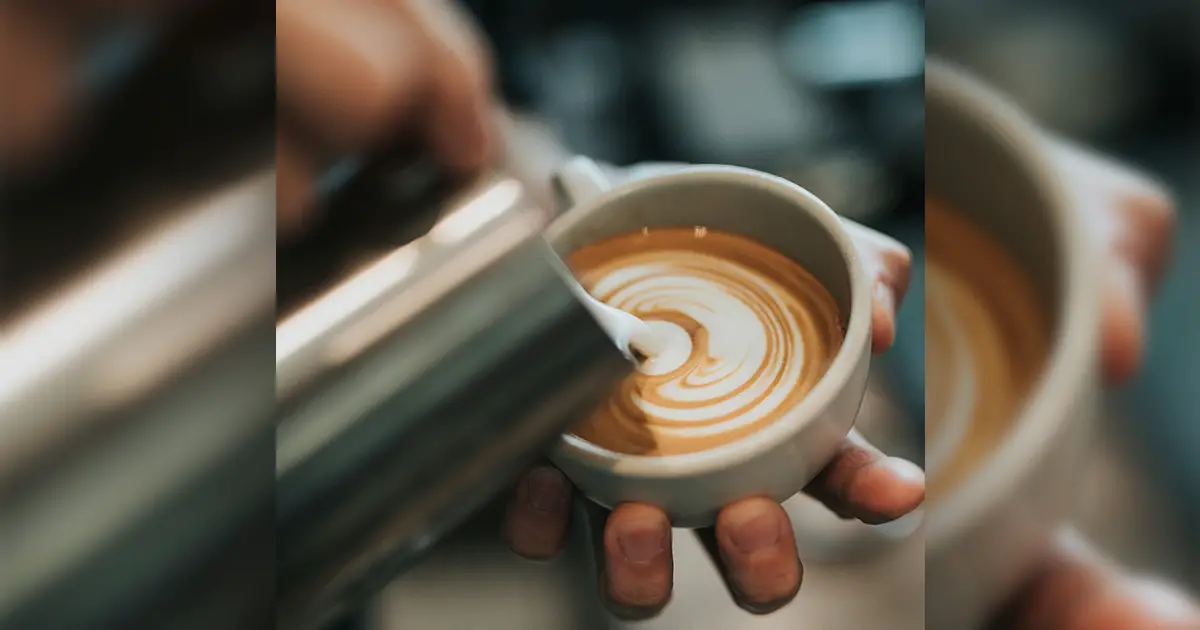
Image source: unsplash.com
Yes, you can drink coffee while taking Nexium, but it’s important to be mindful of certain considerations. Nexium is a medication used to reduce the production of stomach acid and treat conditions like gastroesophageal reflux disease (GERD) and acid reflux.
Coffee, on the other hand, is acidic and can potentially exacerbate symptoms of acid reflux in some individuals. Therefore, while coffee itself may not directly interfere with Nexium’s effectiveness, it’s advisable to moderate your coffee intake and observe how it affects your symptoms.
It’s also essential to pay attention to the timing of when you consume coffee in relation to when you take Nexium. Nexium is typically taken on an empty stomach, at least one hour before a meal.
Coffee consumption immediately after taking Nexium may increase stomach acidity temporarily, potentially diminishing its effectiveness.
Therefore, it’s recommended to wait at least 30 minutes to an hour after taking Nexium before consuming coffee to ensure optimal absorption and effectiveness of the medication.
How long should I wait to take medicine after drinking coffee?
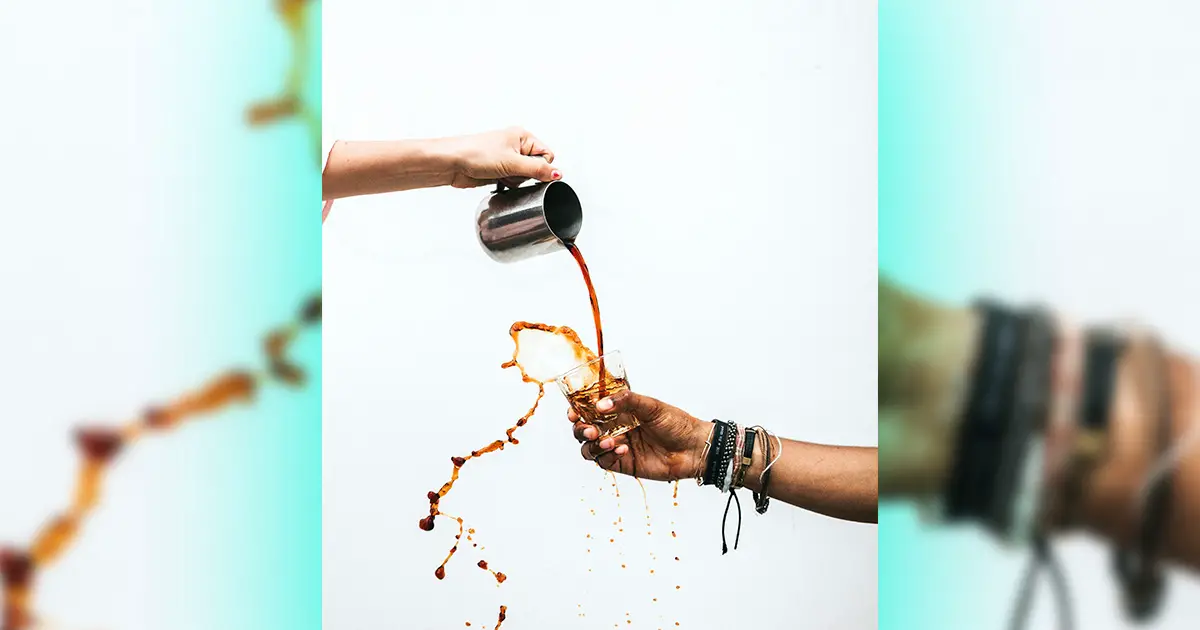
Image source: unsplash.com
The interaction between coffee and medication can vary depending on the specific medication you’re taking. In general, it’s a good idea to wait at least 30 minutes to an hour after drinking coffee before taking medication.
Coffee contains compounds that can affect the absorption and metabolism of certain medications. Waiting for a bit of time allows your body to process the coffee and may help minimize any potential interactions. However, for some medications, your healthcare provider may recommend a longer wait time.
It’s crucial to follow the instructions provided by your healthcare professional or on the medication label. If you have any concerns or questions about the timing of your medication in relation to coffee, it’s always best to consult with your healthcare provider for personalized advice based on your specific medications and health condition.
The interaction between medications and coffee can vary, but some medications may be affected by the caffeine and other compounds in coffee. Here are a few examples:
- Antibiotics: Certain antibiotics, such as ciprofloxacin and levofloxacin, may have reduced absorption when taken with coffee. It’s generally recommended to take these antibiotics with water and avoid coffee, dairy products, and other mineral-rich beverages.
- Levothyroxine (thyroid medication): Coffee can interfere with the absorption of levothyroxine. It’s advised to take thyroid medication on an empty stomach, at least 30 minutes before consuming coffee or other foods.
- Iron supplements: Coffee can hinder the absorption of non-heme iron (the type found in plant-based foods and supplements). If you’re taking iron supplements for iron-deficiency anemia, it’s often recommended to take them with vitamin C-rich foods and to avoid coffee and tea around that time.
- Some antipsychotic medications: Drugs like clozapine may be affected by coffee, potentially leading to changes in blood levels.
- Certain heart medications: Some medications used to treat heart conditions, such as beta-blockers, may interact with caffeine and cause increased heart rate or blood pressure. It’s advisable to consult with your healthcare provider about the appropriate timing of medication and coffee consumption.
It’s important to note that individual responses can vary, and specific interactions depend on the formulation and dosage of both the medication and the coffee. Always follow the instructions provided by your healthcare provider or on the medication label.
The best time to drink coffee can vary based on individual preferences, daily routine, and sensitivity to caffeine. However, here are some general recommendations:
- Morning: Many people find that drinking coffee in the morning helps kickstart their day and improve alertness. This is because cortisol, a natural alertness hormone, is typically higher in the morning.
- Mid-Morning: If you’ve already had a cup of coffee in the morning, having another cup mid-morning can help maintain your alertness.
- Early Afternoon: Having a cup of coffee in the early afternoon can provide a pick-me-up and help combat the post-lunch energy dip. However, it’s generally advisable to avoid coffee too late in the afternoon to prevent interference with sleep.
- Before Exercise: Consuming coffee before a workout can enhance physical performance. The caffeine in coffee can increase adrenaline levels, which may improve physical performance during exercise.
- Avoid Late Afternoon and Evening: It’s generally recommended to avoid coffee in the late afternoon or evening, as caffeine is a stimulant that can interfere with sleep. Consuming coffee too close to bedtime may disrupt your sleep cycle.
Ultimately, the best time to drink coffee depends on your personal preferences, tolerance to caffeine, and daily schedule. It’s essential to pay attention to how your body responds to caffeine and adjust your coffee consumption accordingly.
Can I drink water after taking Nexium?
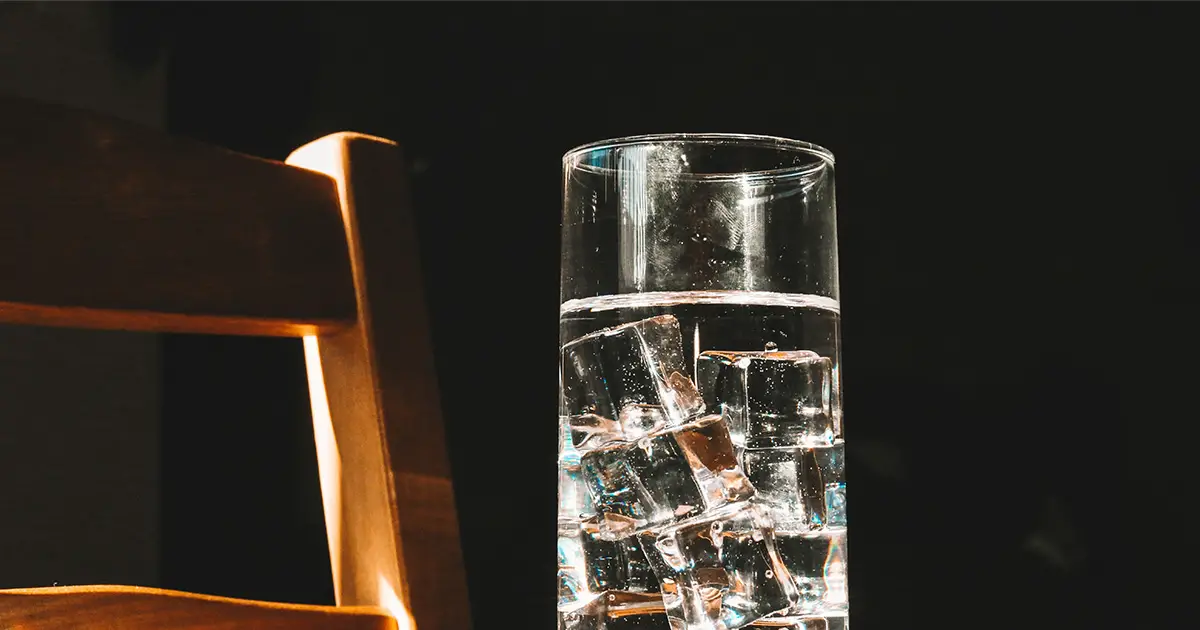
Image source: unsplash.com
Yes, you can drink water after taking Nexium (esomeprazole). In fact, it’s generally recommended to take Nexium with a full glass of water, at least 30 minutes before a meal. This helps the medication work effectively by allowing it to be absorbed into your system.
It’s important to follow the specific instructions provided by your healthcare provider or on the medication label. If you have any concerns or questions about the administration of Nexium or its interaction with other substances.
Best Time To Take Nexium
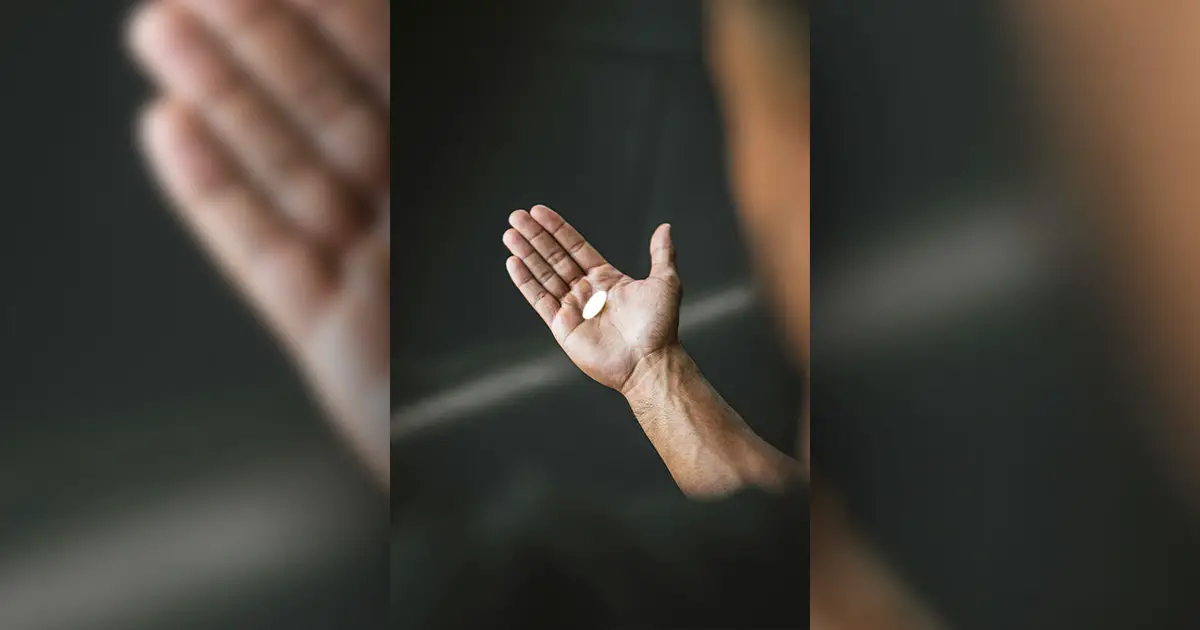
Image source: unsplash.com
The best time to take Nexium (esomeprazole) is typically before a meal, about 30 minutes to 1 hour before eating. This helps Nexium to be most effective in reducing stomach acid production.
The reason for taking it before a meal is to ensure that Nexium is present in your system when your stomach starts producing acid in response to food intake. By inhibiting acid production, Nexium can help manage conditions such as gastroesophageal reflux disease (GERD), peptic ulcers, and other conditions associated with excess stomach acid.
It’s crucial to follow the specific instructions provided by your healthcare provider or on the medication label.
Should Nexium Be Taken At Night?
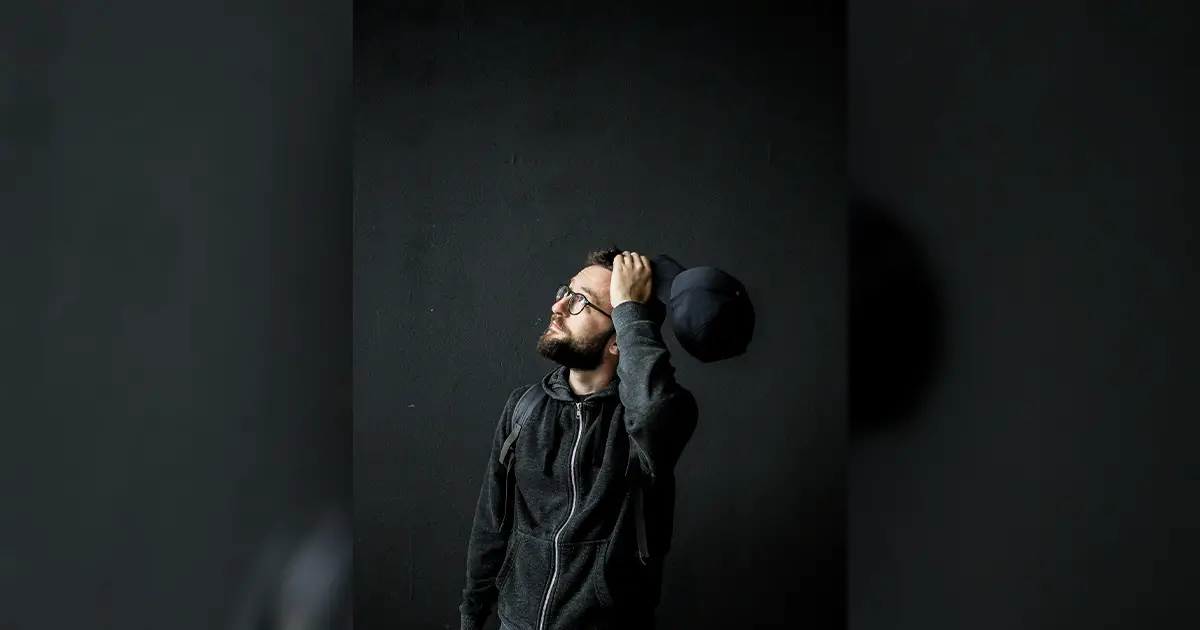
Image source: unsplash.com
The optimal time to take Nexium (esomeprazole) is typically before a meal, about 30 minutes to 1 hour before eating. However, for individuals who experience symptoms of acid reflux or heartburn at night, taking Nexium before the evening meal or before bedtime may be recommended.
If your healthcare provider has specifically advised taking Nexium at night due to nighttime symptoms or to address conditions like gastroesophageal reflux disease (GERD), it’s important to follow their guidance. Taking Nexium at night can help control nighttime acid production and alleviate symptoms during sleep.
When Should You Not Take Nexium?
There are certain situations in which you should not take Nexium (esomeprazole) or should use caution. It’s crucial to follow the guidance of your healthcare provider, but generally, you should not take Nexium if:
- Allergic Reaction: You are allergic to esomeprazole or any of the ingredients in Nexium.
- Other Medications: You are taking medications that may interact adversely with Nexium. Always inform your healthcare provider about all the medications, including prescription, over-the-counter, herbal supplements, and vitamins, that you are currently taking.
- Kidney Problems: You have severe kidney problems. Adjustments to the dosage may be necessary in individuals with impaired kidney function.
- Liver Problems: You have severe liver problems. In cases of severe liver impairment, your healthcare provider may need to monitor you closely or adjust the dosage.
- Low Magnesium Levels: You have low magnesium levels in your blood. Prolonged use of proton pump inhibitors like Nexium can lead to low magnesium levels, which can cause serious side effects. Your healthcare provider may monitor your magnesium levels during treatment.
Always inform your healthcare provider about your complete medical history and any existing health conditions before starting Nexium or any other medication.
The optimal time to take Nexium (esomeprazole) is generally about 30 minutes to 1 hour before a meal. However, if you miss this window, you can still take Nexium up to 2 hours after eating.
If you are taking Nexium once daily, it is typically recommended to take it at the same time each day, either before a meal or as directed by your healthcare provider. If you are taking Nexium twice daily, it is usually taken before breakfast and dinner.
It’s important to follow the specific instructions provided by your healthcare provider or on the medication label. If you have any concerns or questions about the timing of Nexium in relation to meals or if you miss a dose.
Do You Have To Wait An Hour After Taking Nexium To Eat?
While it’s generally recommended to take Nexium (esomeprazole) about 30 minutes to 1 hour before a meal, you do not necessarily have to wait a full hour after taking Nexium to eat. Taking Nexium before a meal helps ensure that the medication is in your system when your stomach starts producing acid in response to food intake.
If you’re taking Nexium and find that you need to eat sooner than one hour after taking the medication, it’s generally acceptable to have a meal within that time frame. The key is to be consistent with your dosing schedule and take Nexium regularly to manage conditions like gastroesophageal reflux disease (GERD) or peptic ulcers.
However, if you have specific concerns or if your healthcare provider has given you different instructions, it’s crucial to follow their guidance.
Conclusion:
In conclusion, finding the ideal timing for savoring your coffee after taking Nexium might require a bit of experimentation. It’s generally recommended to wait at least 30 to 60 minutes, taking into account individual factors, to strike the right balance. Questions like “How long after taking Nexium can I drink coffee?” are best addressed through consultation with your healthcare provider for personalized advice. Stay tuned for additional insights on managing acid reflux and optimizing your Nexium regimen.
Related Content:
